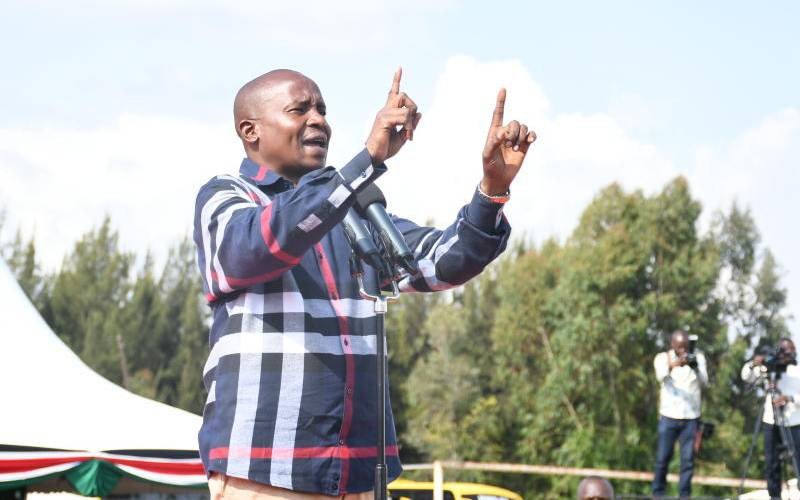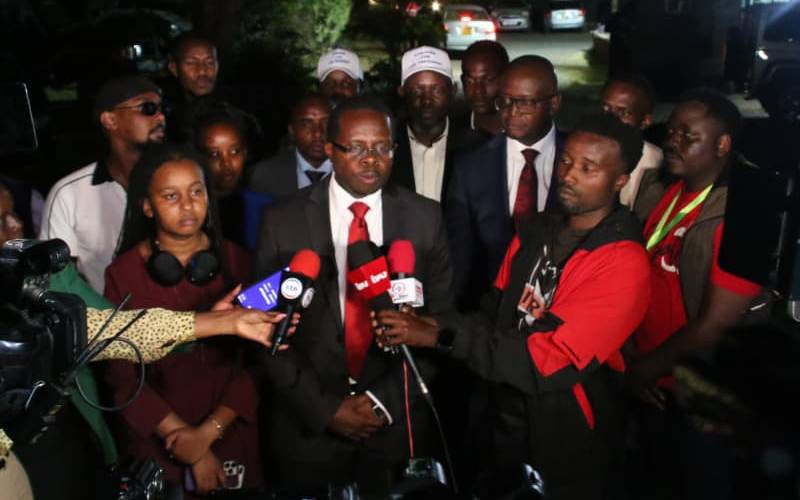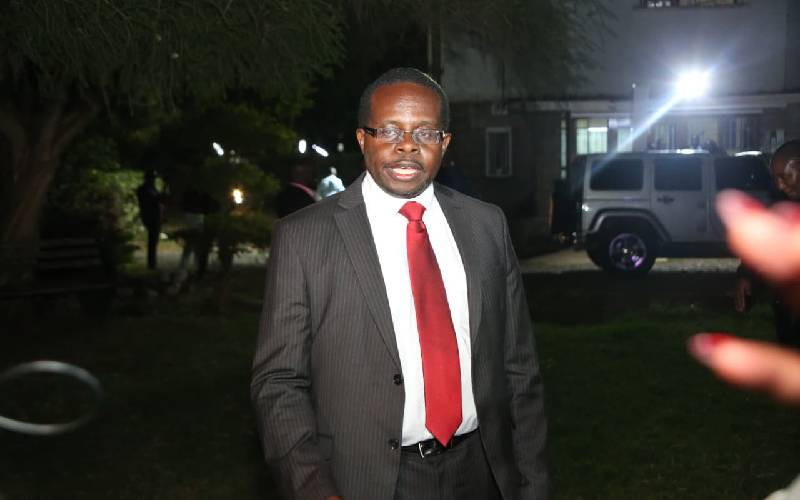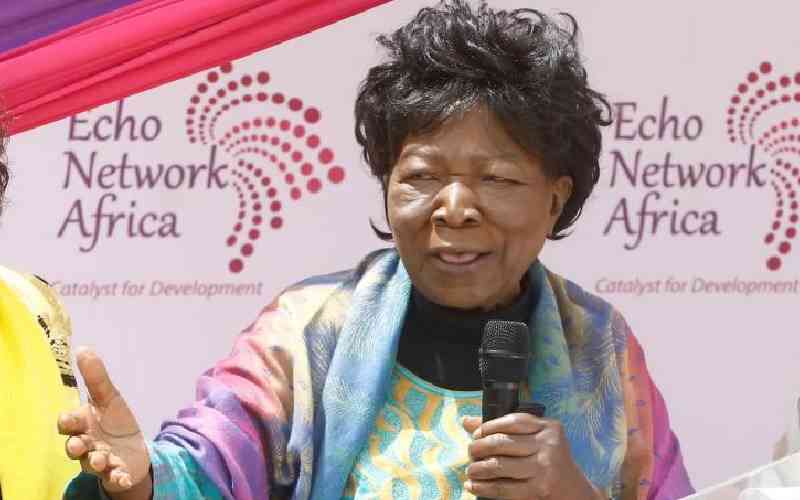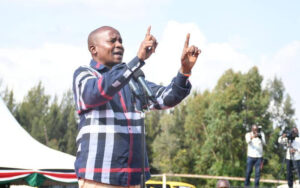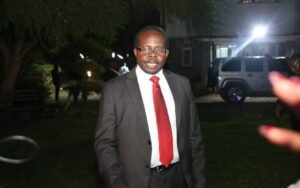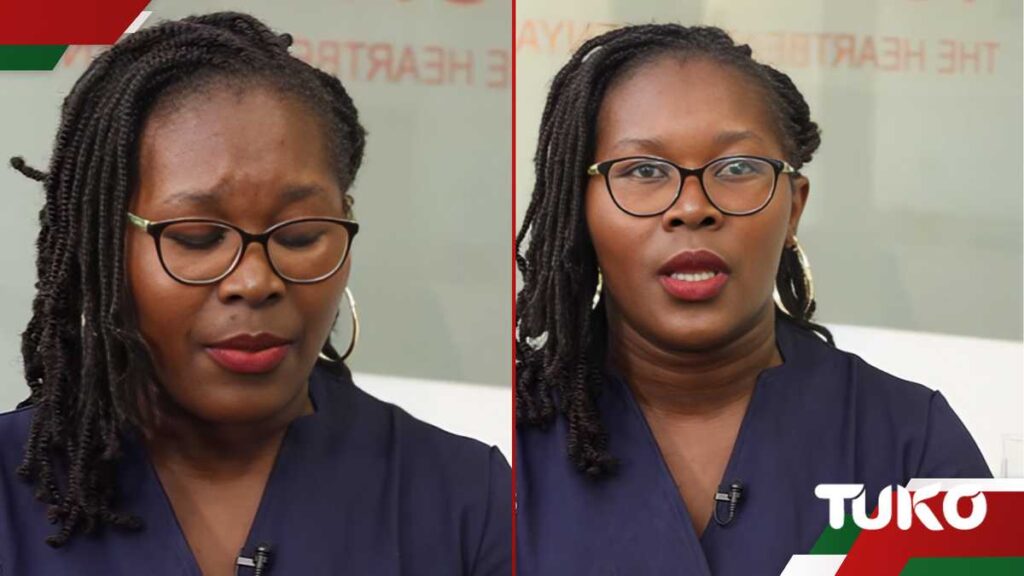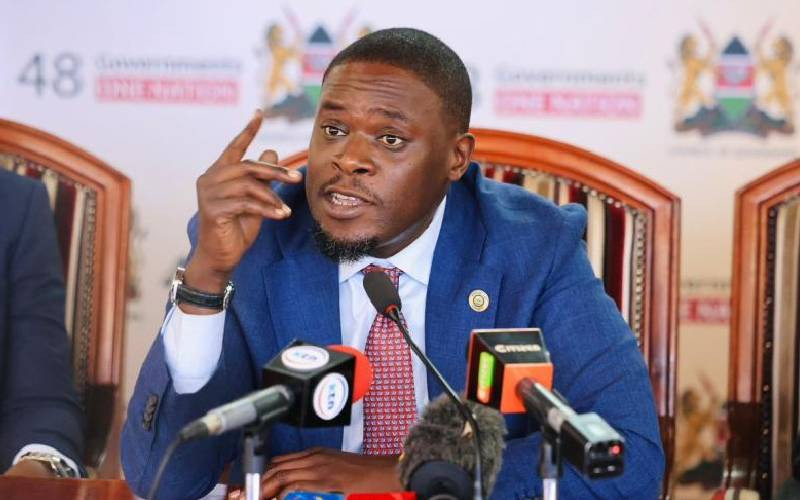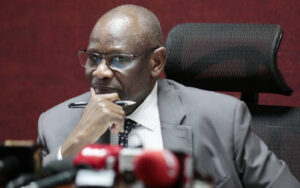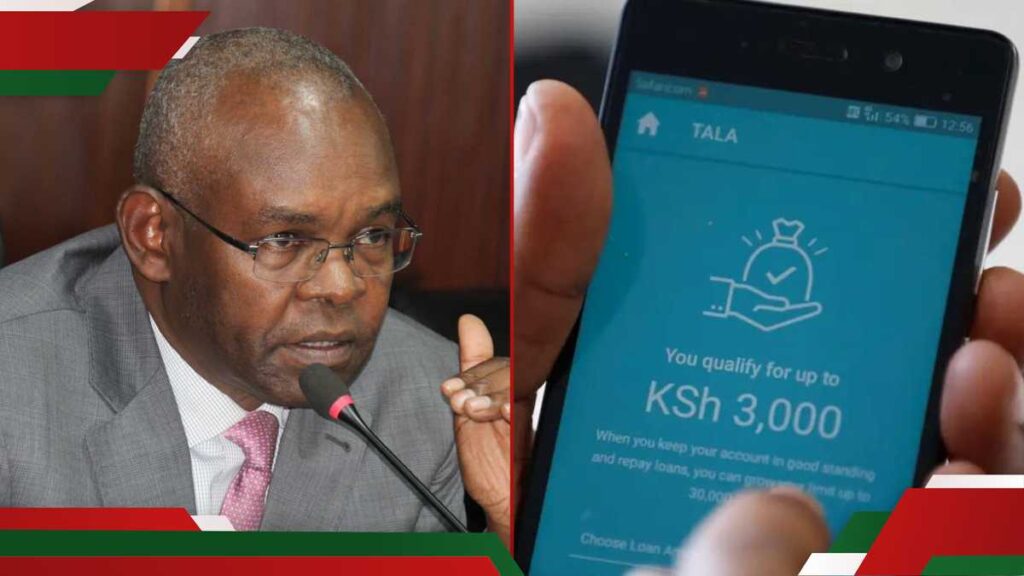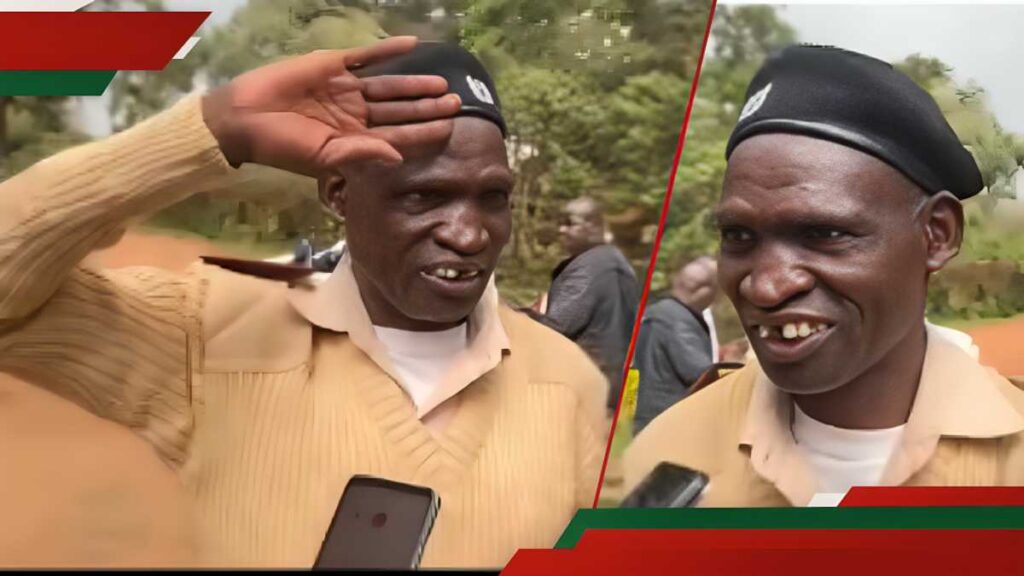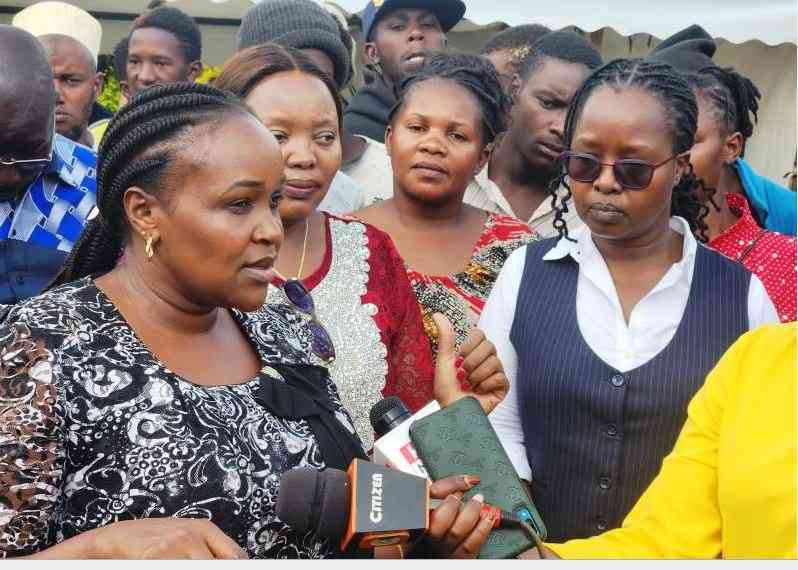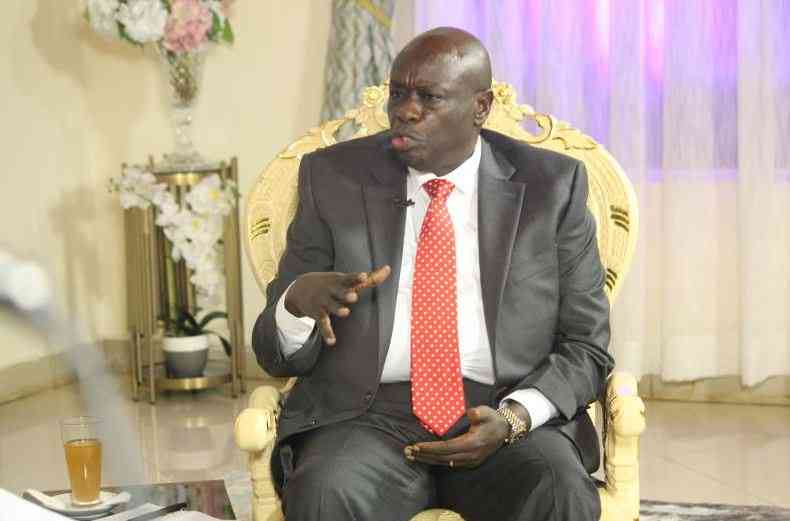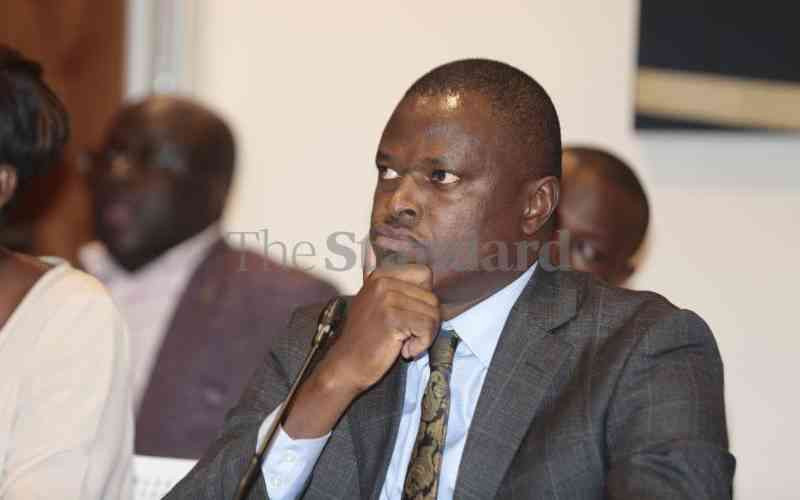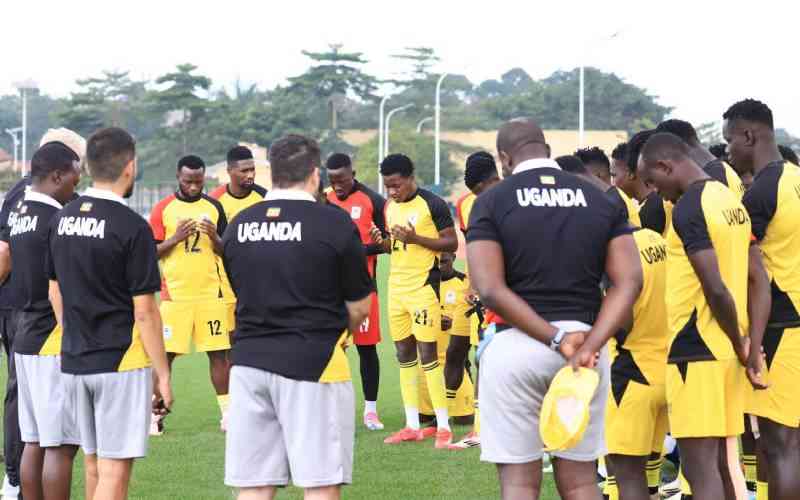If Kenya was to compile a list of its most iconic women leaders, it would be incomplete without her name.
And if all of the country’s heroes were to be interred at one corner, that would the place Kenyans would congregate tomorrow to pay their last respects to Phoebe Muga Asiyo.
Former Rangwe MP Philip Okundi believes Asiyo, who represented Karachuonyo at a time women could only dream of contesting for elective positions, deserves special recognition for mentoring young people in 1960s and 1970s.
“I first met Phoebe sometimes in 1975. I had just come back from Westminster University where I had studied telecommunication engineering. I was a junior telecommunications engineer at the East Africa Posts and Telecommunications when Phoebe convened a meeting. She had a special way with people,” he recalls.
By the time Okundi, now a member of the National Cohesion and Integration Commission, was encountering Asiyo, she had made a name for herself. That year, Asiyo attended the first United Nations World Conference on Women in Mexico.
To Okundi, Asiyo was not an ordinary woman; she was the daughter of Joel Omer, the chairman of Luo Council of Elders.
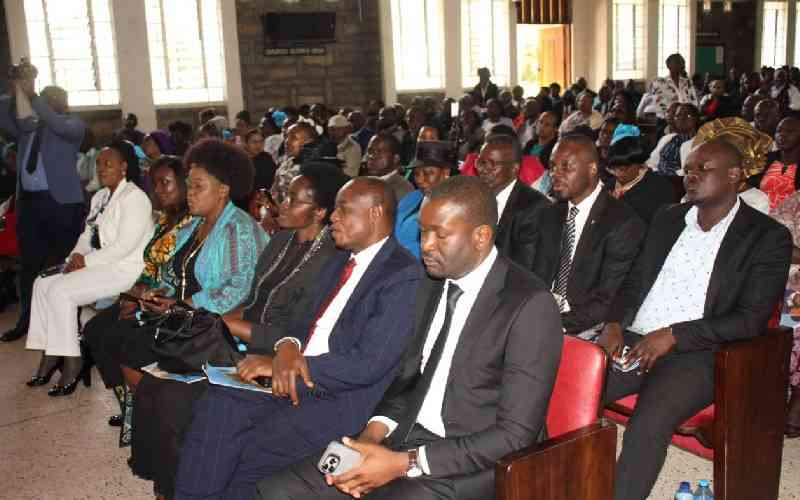
“When we were young, it was inconceivable to look at the Ker in the eye. So it was an honour when his celebrated daughter expressed in interest in mentoring us.”
It so happened that when Okundi married, his wife Phelgona followed the footsteps of Asiyo and joined Maendeleo ya Wanawake. The two would later have a close working relationship when, with the help of Asiyo’s mentoring, Phelgona became the chairperson of the organisation in the Nyanza region.
Under Phelgona, Maendeleo was quite a phenomenon. It brought an awakening for women especially when she organised the Kenyan delegation to the Women World’s Conference in Beijing, China.
“I have cups and other mementos my wife brought from China. Every time I use the cups, it reminds me of that conference and the far Kenyan women have come,” says Okundi.
Asiyo had joined Maendeleo ya Wanawake at the age of 22 in 1954, just a year after it was started by white wives of commissioners, administrators in the native councils, businessmen, clergy, politicians and settler farmers.
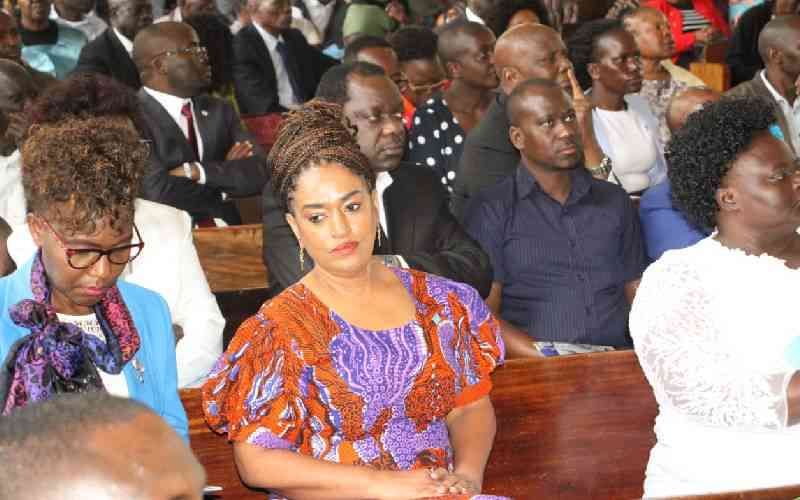
At one point, she formed a parallel organisation, Umoja wa Usalama wa Wanawake na Watoto in 1956 after realising that the white members had no intention of electing black women into leadership positions. But the organisation was denied registration and when she and other disgruntled members held demonstrations, they were arrested and locked up at the Makongeni Police Station.
Stay informed. Subscribe to our newsletter
She would later be elected Maendeleo ya Wanawake chairperson in 1956.
Okundi also fondly recalls that after Asiyo joined elected politics in 1979 and successfully wrested Karachuonyo parliamentary seat from Okiki Amayo, she became the people’s darling.
She empowered women financially by initiating table banking. She also established Oriang Pottery Project in Homa Bay, which still lives on.
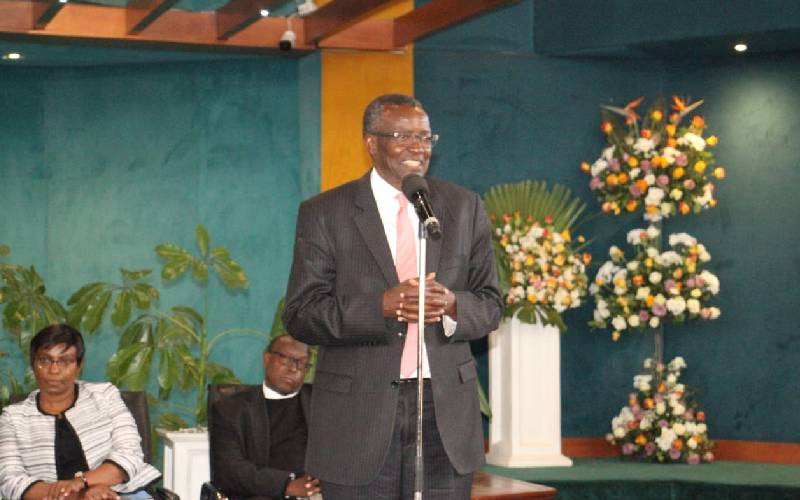
Asiyo’s passion must have been inspired by the circumstances she grew under. In her autobiography, It Is Possible: An African Woman’s Reflections on a Life-Long Political Journey, she narrates how a woman needed the presence of her husband to open a bank account. It took a note from a paramount chief for her to be allowed to open her account with the Kenya Post Office Savings Bank in Kisii.
She als recalls a time she lived in a single room measuring 10 by 10 feet in Kariokor. Like everybody else in the neighbourhood, she had no running water and used communal toilets. She kept her clothes under the bed.
Those were the days when Julius Nyerere (later President of Tanzania) would casually walk into Tom Mboya’s house number 38 and talk politics the whole night.
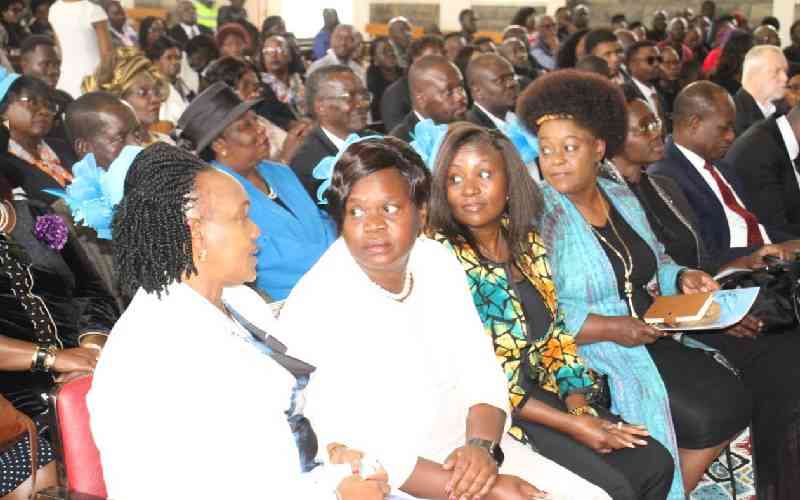
One day, a British intelligence officer stormed Mboya’s house in the wee hours of the morning and arrested Nyerere. As the neighbours watched him being bundled into a police car, Nyerere threw his briefcase into Asiyo’s hands.
As the country bids goodbye to the iconic woman who died on July 17 at 93, Okundi says Kenyans should feel lucky that they had an opportunity to be mentored and served by a selfless leader who gave her all for her motherland.



